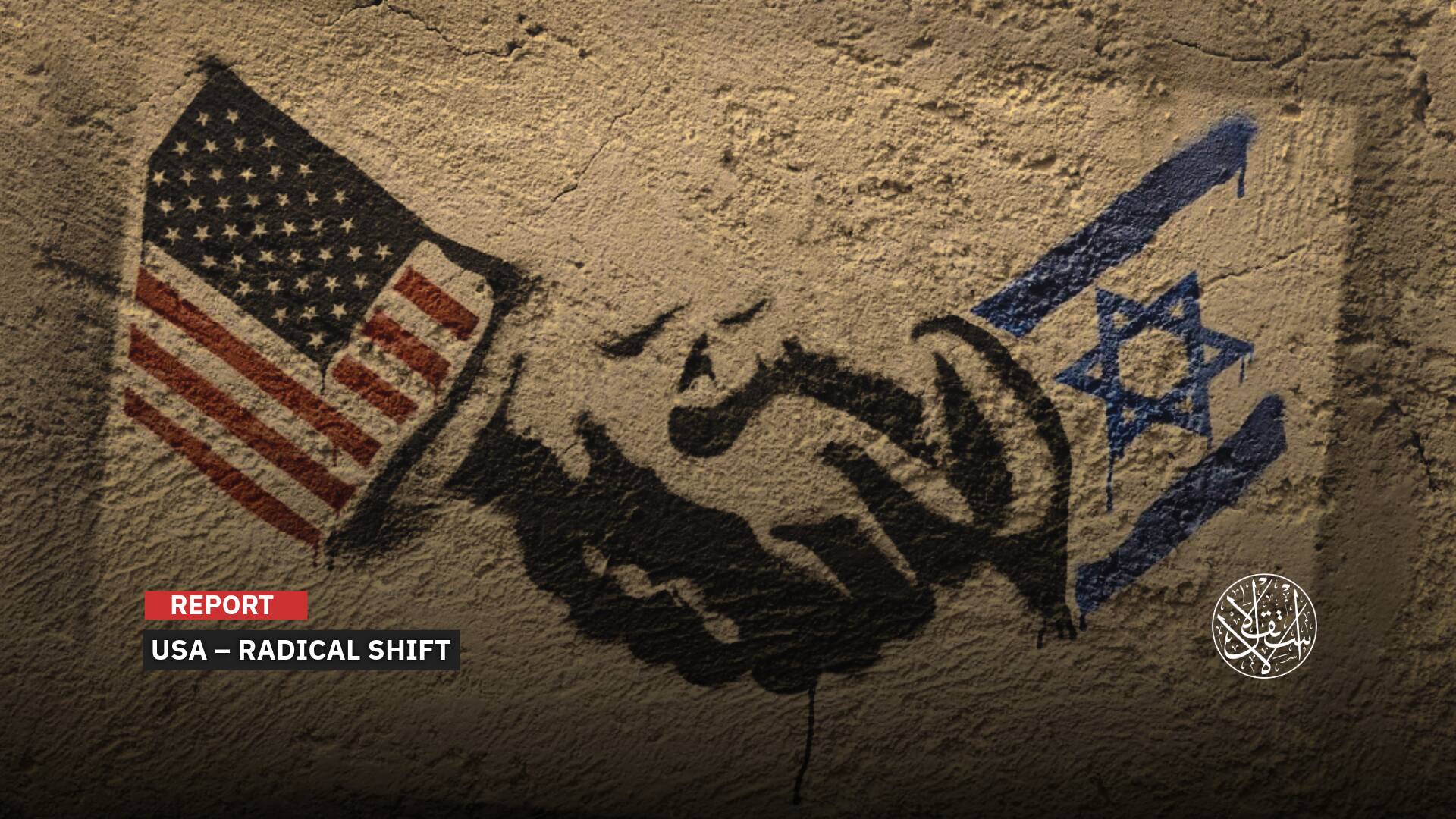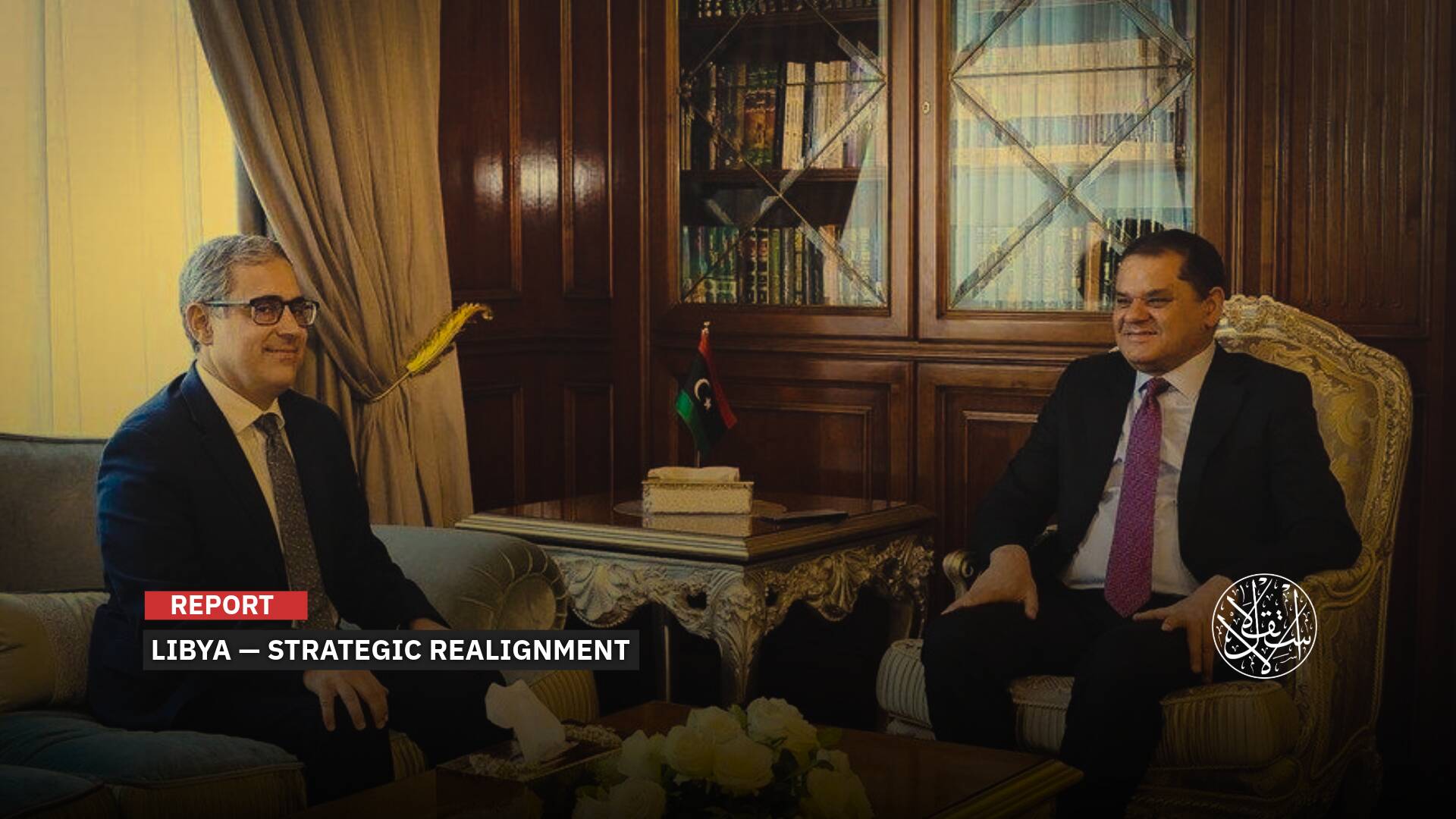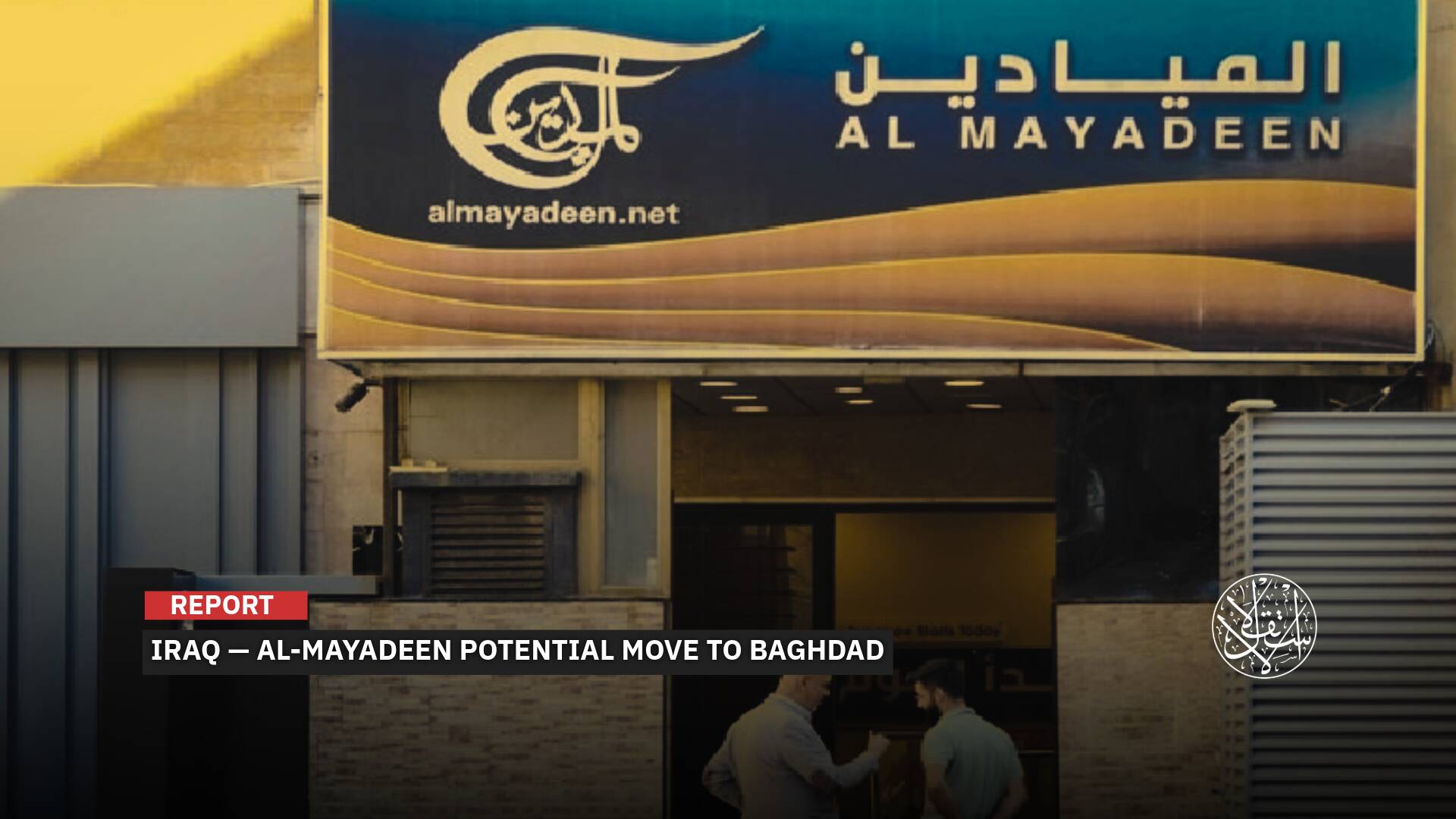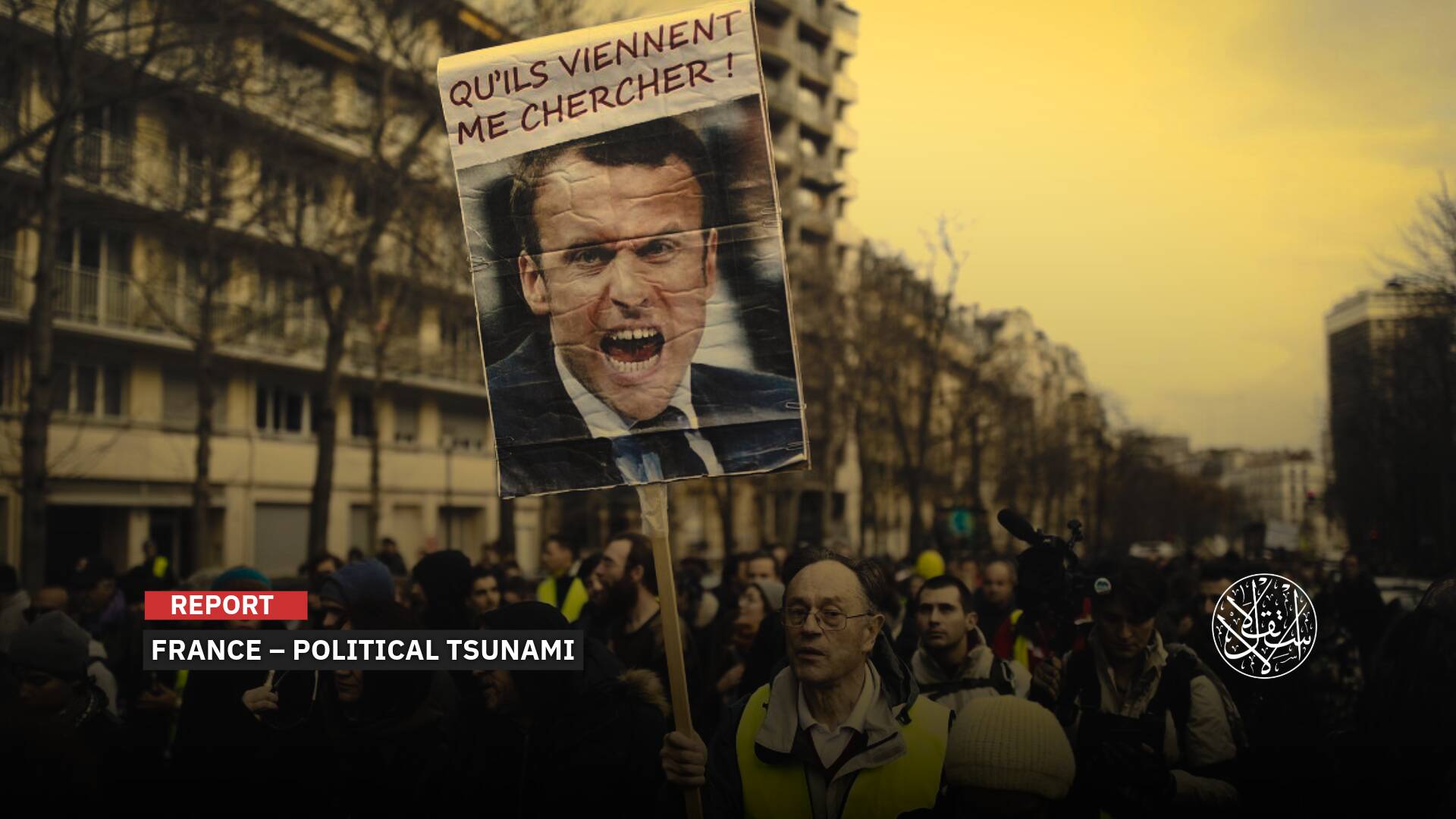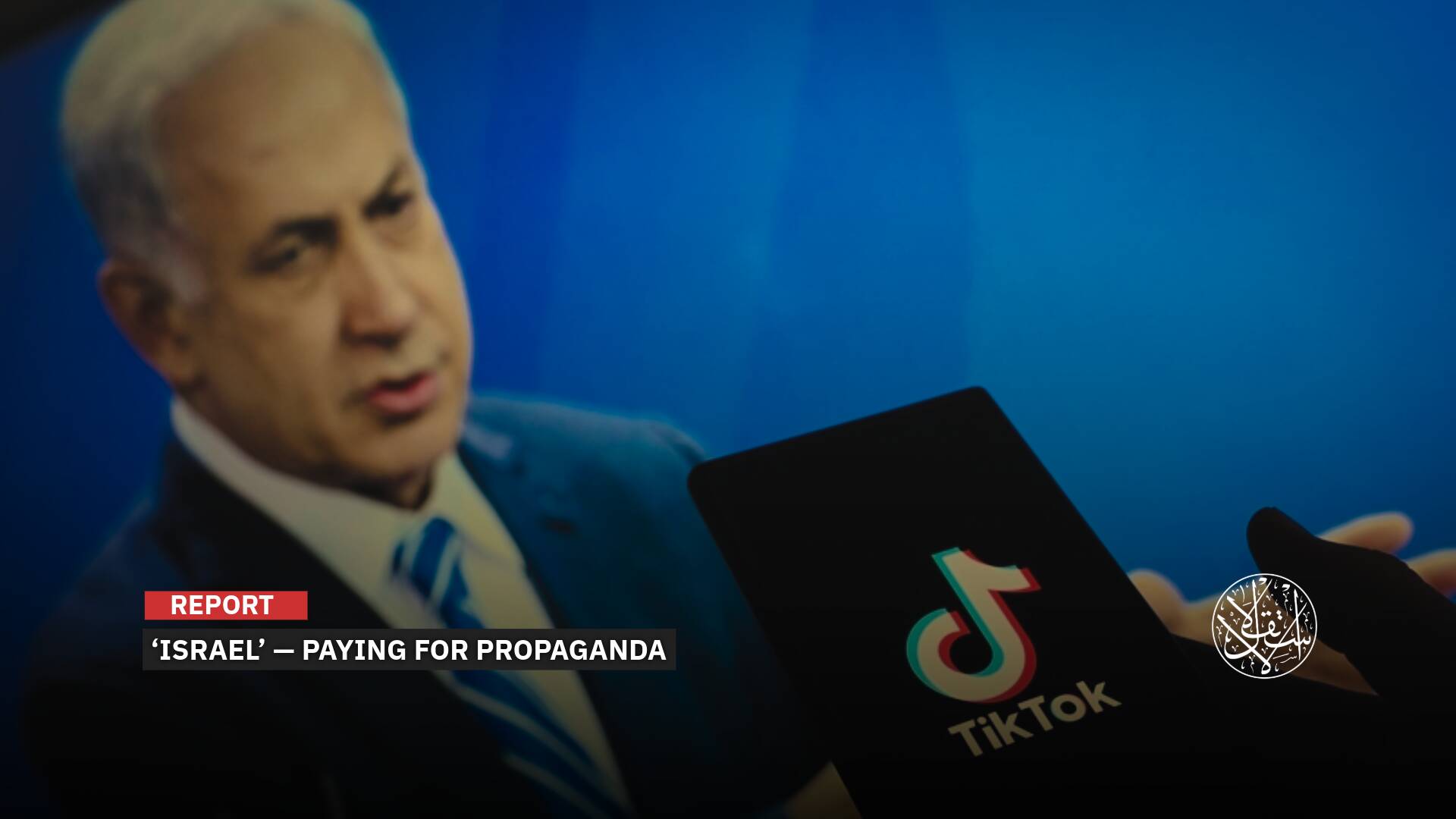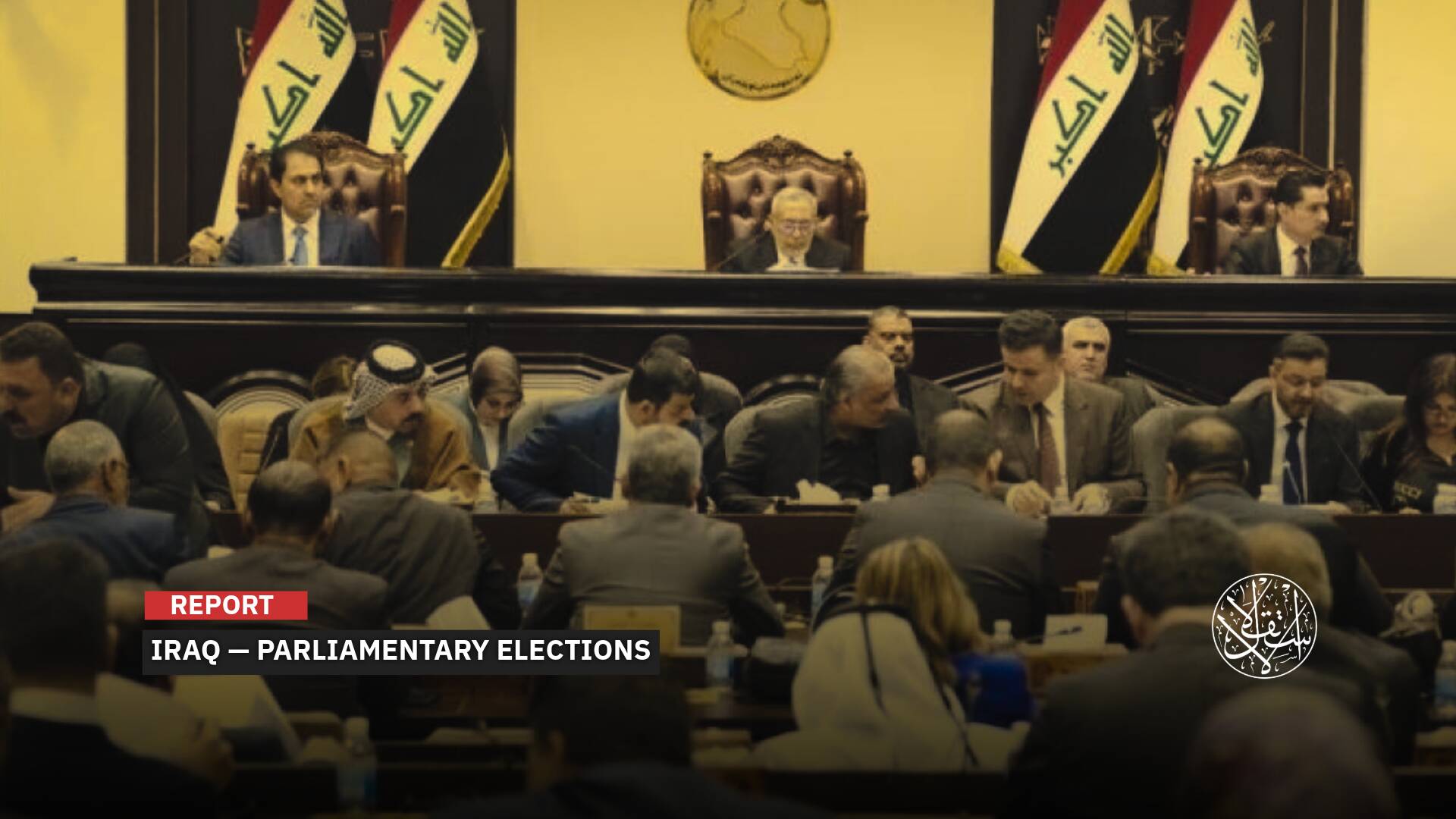Despite Mutual Skepticism, Does the United States Agree to China’s Peace Initiative in the Ukraine War?

Last week, as the Russian president announced his country’s suspension of the nuclear arms reduction treaty New START, China came out for the first time since the outbreak of the war and announced its readiness to present a comprehensive peace initiative to resolve the crisis in Ukraine.
Chinese Foreign Minister Qin Gang expressed his country’s concern about a possible escalation of the war in Ukraine, saying: “China is very concerned about the escalation of the conflict and even the loss of control.” He said Beijing would work to “promote peace dialogue.”
Coinciding with the one-year anniversary of the outbreak of the Ukrainian war, China’s Foreign Ministry on Friday published a 12-point proposal for peace in Ukraine, part of Beijing’s recent efforts to present itself as a neutral peace broker.
Peace Initiative
Despite mounting pressure from Beijing from the United States and its allies over its growing partnership with Moscow, China has reiterated its calls for a political settlement of the Ukraine conflict on the one-year anniversary of the Russian invasion.
During the opening of the Boao Forum for Asia at the end of April 2022, the Chinese president proposed a global security initiative that stipulates the need to adhere to a number of principles, most notably: adherence to a vision of security on the basis that it is shared, inclusive and sustainable, respect for the sovereignty and territorial integrity of all countries, as well as adherence to the principles of the Charter of the United Nations.
In a newly released position paper last week, China’s Foreign Ministry called for the resumption of peace talks and an end to unilateral sanctions, and stressed its opposition to the use of nuclear weapons.
Among the highlights of China’s recent peace initiative are respect for the sovereignty of all states and adherence to international law and the principles of the United Nations.
It also included the abandonment of the Cold War mentality so that the security of one state is not guaranteed at the expense of others.
Moreover, it called for the cessation of hostilities, prisoner exchanges, and a solution to the humanitarian crisis, in addition to calling for the cessation of unilateral sanctions.
Ahead of the announcement of the Chinese proposal, Ukrainian President Volodymyr Zelensky welcomed Beijing’s initiative, noting that China’s involvement in peace efforts is an important first step.
While German Foreign Minister Annalena Baerbock welcomed China’s “positive” efforts, European Commission President Ursula von der Leyen said Europe needed more evidence that China was not working with Russia, but at the same time stressed that Europe was relatively reassuring to China that it was not playing a role in this war.
US Vice President Kamala Harris questioned China’s neutrality and expressed the US administration’s concern, saying: “The United States is concerned about China deepening its relations with Moscow since the war began.”
US Secretary of State Antony Blinken said after meeting his Chinese counterpart that Beijing was considering sending “weapons” to Russia in support of its offensive in Ukraine.
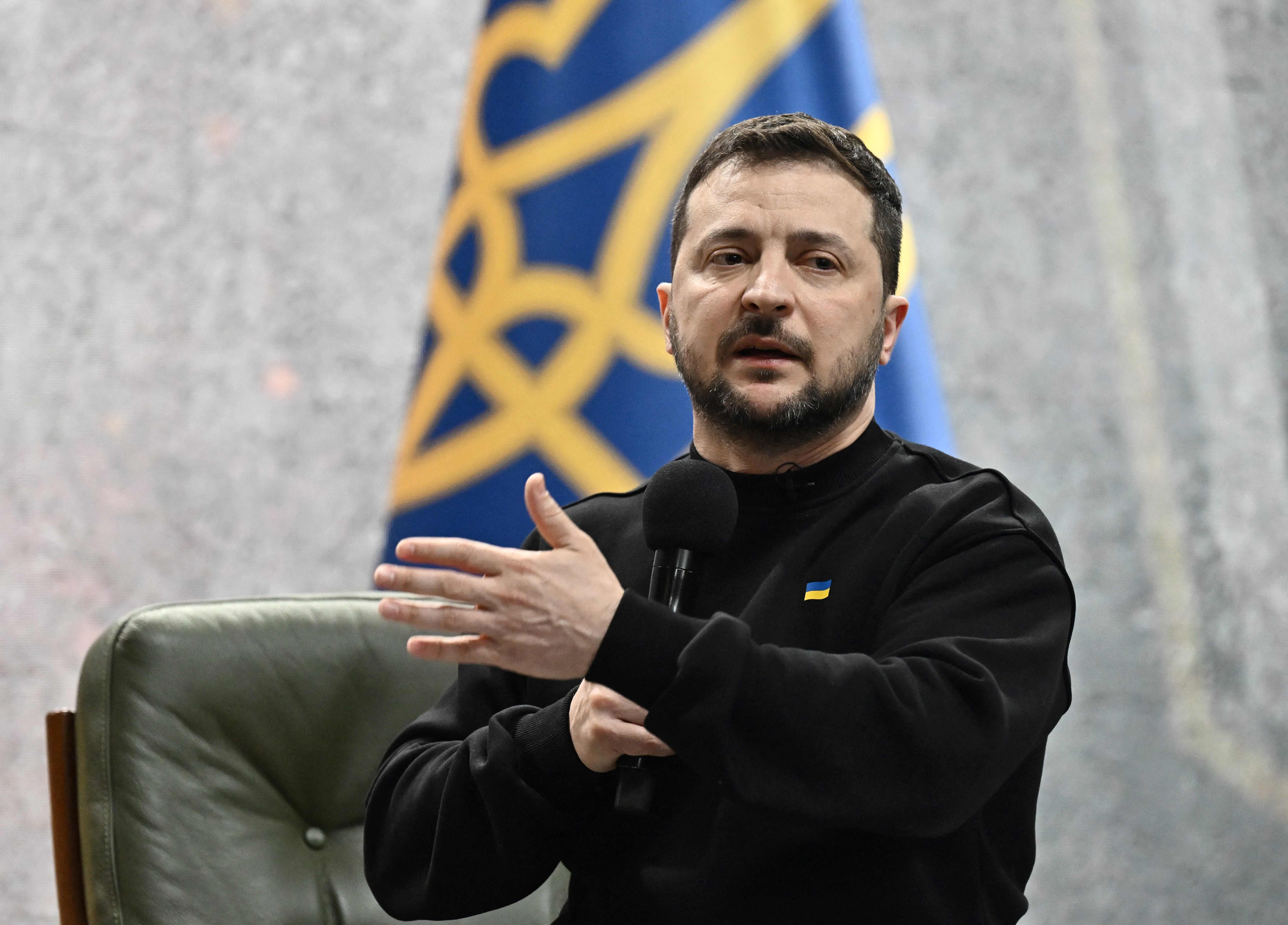
Conflicting Motives
Before traveling to Russia to present his country’s peace initiative in Ukraine, China’s top diplomat Wang Yi said during a speech at the Munich Security Conference that “this war must not continue,” while offering a rebuke to the United States.
“Some powers may not want to see peace talks materialize. They do not care about the life and death of Ukrainians, nor about the damage done to Europe. They may have bigger strategic goals than Ukraine itself,” he added.
On the paradox between its peace initiative and US claims that Beijing is preparing to support Moscow with weapons, the Wall Street Journal noted that China seeks through this initiative to stop Russian setbacks in Ukraine and prevent a large-scale defeat.
Beijing is increasingly concerned that increased Western military support for Ukraine will severely weaken Russia, China’s main partner in its growing rivalry with the United States and its allies.
However, China is still looking to increase its imports of Russian oil, gas, and agricultural goods, establish more joint energy partnerships in the Arctic, and increase Chinese investment in Russian railways and ports.

US Warnings
Previously, US officials have expressed concerns that Beijing is considering military assistance to Russia, which was first raised following meetings between Chinese and Russian officials late last year and early this year. Washington’s foreign ministry told its Chinese counterpart that it was “approaching the red line” by supplying Russia with weapons.
In remarks to CBS News on Sunday, US Secretary of State Antony Blinken said: “Our concerns that China is considering sending military support to Russia are based on accurate information we have obtained.”
He added: “We made it clear to the Chinese that this would cause a serious problem for us and in our relationship.”
US Ambassador to the United Nations Linda Thomas-Greenfield told CNN that “We have to be clear that if there are any thoughts and efforts by the Chinese and others to provide lethal support to the Russians in their brutal attack against Ukraine, that that is unacceptable.”
These concerns come on the heels of recent US-China tensions over “spy balloons” and amid President Joe Biden’s current visit to Eastern Europe, which is scheduled to take him to Kyiv and Warsaw. Meanwhile, the Russian military is reportedly preparing for a sweeping offensive in Ukraine as the first anniversary of the war approaches.
china's ukraine peace plan represents perspective of a majority of the world's population
(nominally supporting ukrainian territorial integrity while wanting a ceasefire and sanctions ended)
https://t.co/Zj4Dd3m7Oa @gzeromedia pic.twitter.com/Zdt35cBYnw— ian bremmer (@ianbremmer) February 24, 2023
Supporting Russia
With the outbreak of the war in Ukraine, China maintained a near-neutral stance on the fighting, continuing its political and diplomatic support for Russia, despite its reservations about Putin’s military forces.
Beijing has also maintained economic ties with Moscow and presented itself as an economic alternative to Russian–European oil and gas customers.
According to military analysts, Putin suffers from a shortage of military supplies after the military operation in Ukraine turned into a war of attrition and the impact of Western sanctions on the Russian military industry.
They explain this by knocking on the doors of his allies, such as Iran and North Korea, for additional weapons and ammunition.
In September, US intelligence reports revealed that Russia had purchased millions of artillery shells and rockets from North Korea, interpreting this as an indication of the severe shortage of Russian forces in providing sufficient munitions to continue their military operations in Ukraine.
Russia and China share decades of strategic ties and close military cooperation. Following the outbreak of war in Ukraine on February 24, 2022, Chinese Top Diplomat Wang Yi stressed that this strategic and military cooperation of his country with Russia “has no final borders, is unconditional, and does not recognize restricted areas,” which suggests, according to observers, the possibility of Beijing changing its position on refraining from sending weapons to Ukraine to serve its strategic interests.
While this export refusal mainly includes Chinese weapons and lethal attack munitions, Beijing has not prevented its companies from continuing to supply military technology to Russian arms manufacturers, even after the outbreak of war, customs records have revealed, showing that Chinese state-owned defense companies ship navigation equipment, jamming technology, and jet fighter parts to sanctioned Russian defense companies.
Sources
- US ambassador to the UN says China would cross ‘red line’ by providing lethal aid to Russia
- U.S. "concerned" China is "considering providing lethal support to Russia," Blinken says
- China Aids Russia’s War in Ukraine, Trade Data Shows
- ‘No Limits’? Understanding China’s Engagement With Russia on Ukraine
- Why China, Russia’s Biggest Backer, Now Says It Wants to Broker Peace in Ukraine




